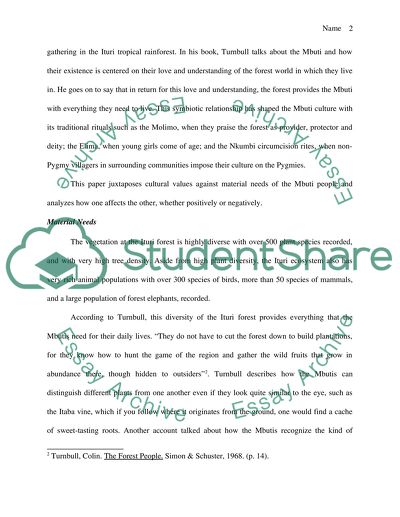Cite this document
(“Material Life and Culture in Mbuti Society Book Report/Review”, n.d.)
Material Life and Culture in Mbuti Society Book Report/Review. Retrieved from https://studentshare.org/miscellaneous/1509033-material-life-and-culture-in-mbuti-society
Material Life and Culture in Mbuti Society Book Report/Review. Retrieved from https://studentshare.org/miscellaneous/1509033-material-life-and-culture-in-mbuti-society
(Material Life and Culture in Mbuti Society Book Report/Review)
Material Life and Culture in Mbuti Society Book Report/Review. https://studentshare.org/miscellaneous/1509033-material-life-and-culture-in-mbuti-society.
Material Life and Culture in Mbuti Society Book Report/Review. https://studentshare.org/miscellaneous/1509033-material-life-and-culture-in-mbuti-society.
“Material Life and Culture in Mbuti Society Book Report/Review”, n.d. https://studentshare.org/miscellaneous/1509033-material-life-and-culture-in-mbuti-society.


